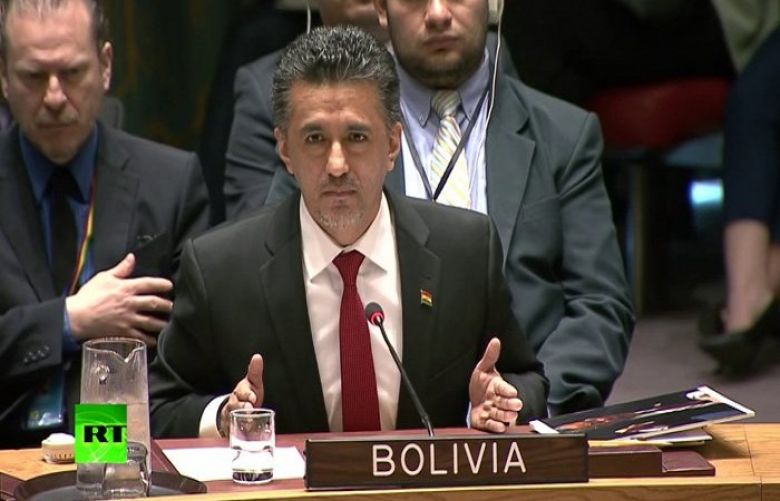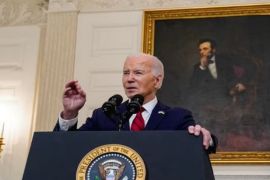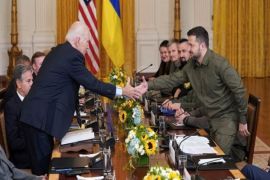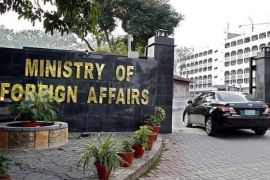Bolivia has asked for the United Nations Security Council to meet on Thursday "on the escalation of rhetoric regarding Syria and these threats of unilateral military action," Bolivia's UN ambassador, Sacha Sergio Llorentty Soliz, said on Wednesday, hours after US President Donald Trump warned of missile attacks in a post on Twitter.
"There's a consistency in these threats, so we are concerned because any unilateral action would be a violation of the principles and purposes of the (UN) charter," he told reporters, adding that he expected the closed-door meeting to be held on Thursday morning.
US President Donald Trump on Wednesday warned that "missiles will be coming" in response to an alleged chemical atrocity in Syria, as Russia scrambled to deflect blame from its ally Bashar al-Assad.
With renewed US military action seemingly imminent — and as Trump threatened that the US missiles would be "nice and new and 'smart!'" — both Washington and Moscow raised the rhetorical stakes.
Trump's warlike tweet apparently came in response to a warning from Russia's ambassador to Beirut, who took to a television network run by Hezbollah to warn that any US missiles would be shot down "as well as the sources they were fired from."
If the US action follows the pattern of a previous punitive strike on Syria ordered by Trump last year it will begin with a salvo of cruise missiles fired from US warships in the Mediterranean.
US Defense Secretary Jim Mattis said the Pentagon is ready to provide options for a Syria strike in response to a suspected chemical attack, but noted the US and its allies are still gathering information.
Meanwhile, Moscow said the formerly rebel-held district of Eastern Ghouta — including Douma, the target of Saturday's alleged chemical attack — had been "totally stabilised" and would soon be patrolled by Russian military police.
But the Russian army continued to deny their side's latest victory came after Assad launched a chemical attack on the last rebel-held pocket of the enclave, instead accusing the White Helmets civil defense organisation of staging the massacre.
But, while his lieutenants continued to up the ante with threats and allegations, Russia's President Vladimir Putin adopted a more statesmanlike tone, in remarks to new ambassadors presenting their credentials at the Kremlin.
"The state of the world cannot but provoke concern," he said.
"The situation in the world is becoming more and more chaotic but all the same we hope that common sense will finally prevail and international relations will take a constructive path."
Trump's tweets were more belligerent — he told Russia "You shouldn't be partners with a Gas Killing Animal who kills his people and enjoys it!" — and he admitted that US relations with Russia have plunged to a historic low.
But he notably also said there was "no reason for this," reiterated his hope for talks with Putin to halt a new arms race, and blamed his domestic political opponents for poisoning ties.
Assad's Damascus regime, which has long accused Washington of supporting its armed opponents in the country's bloody seven-year-old civil war, hit back.
"We are not surprised by such a reckless escalation from a regime like the United States which has fostered and continues to foster terrorism in Syria," a foreign ministry official said, according to state news agency SANA.







